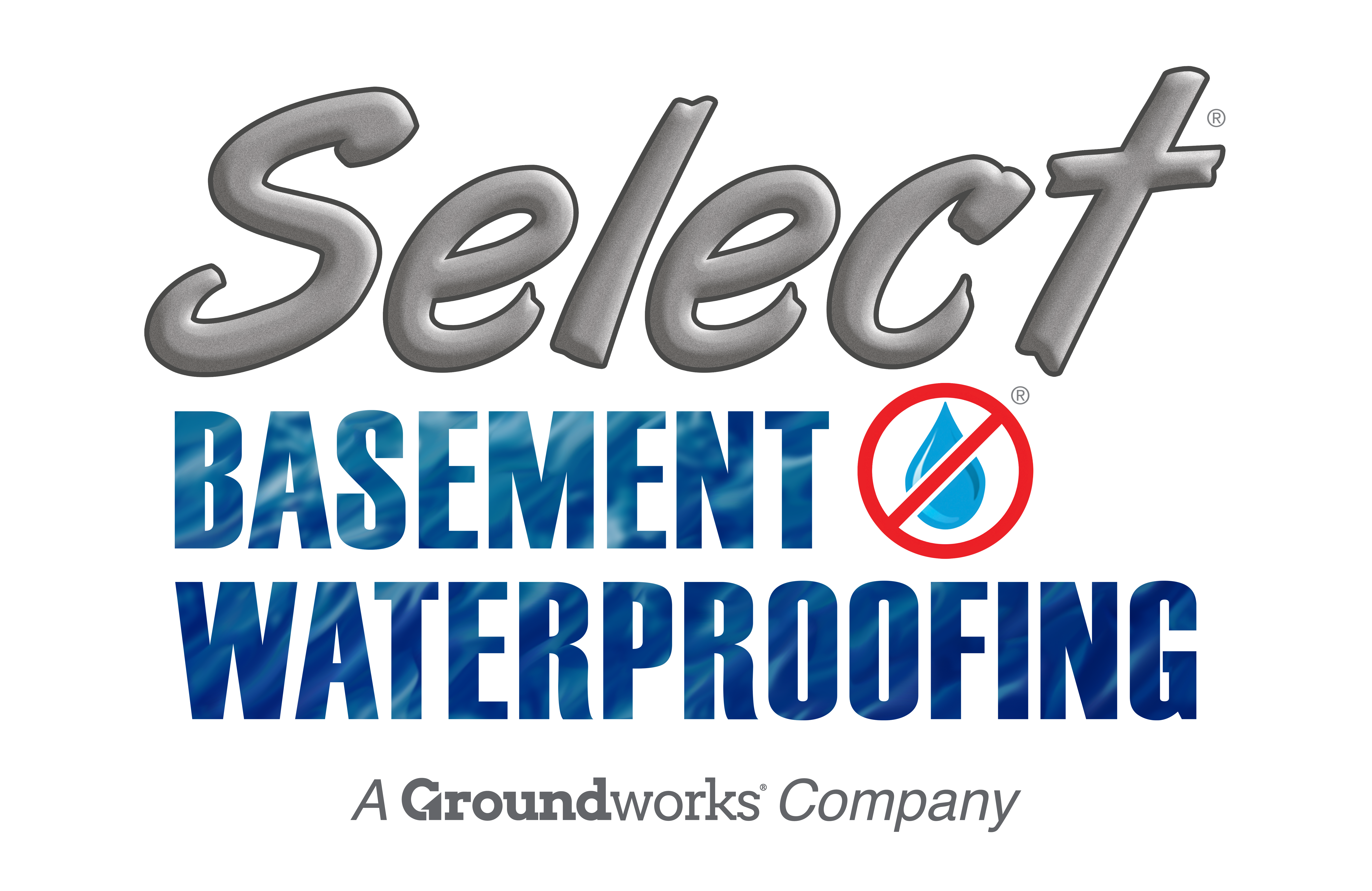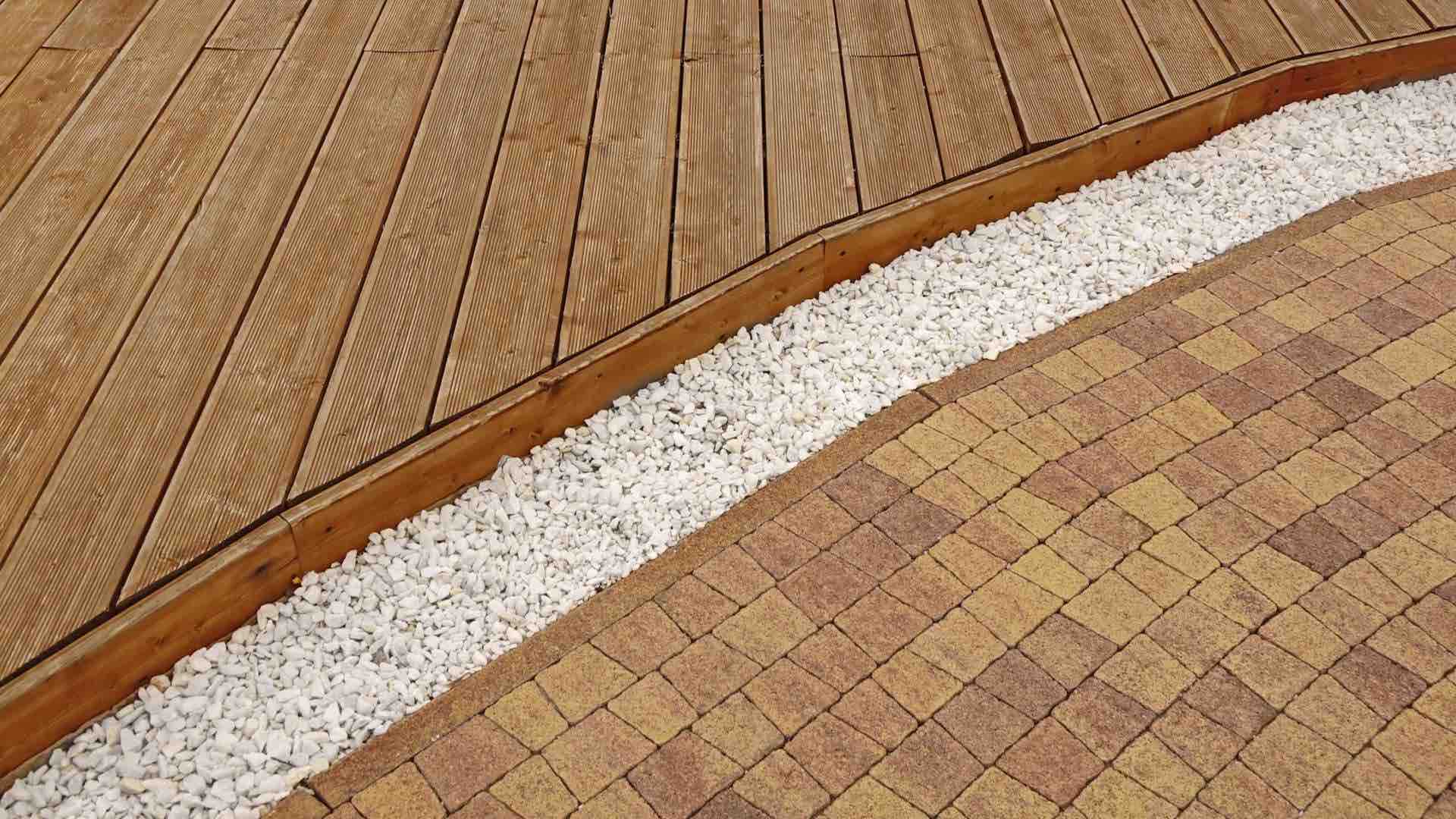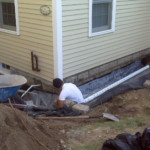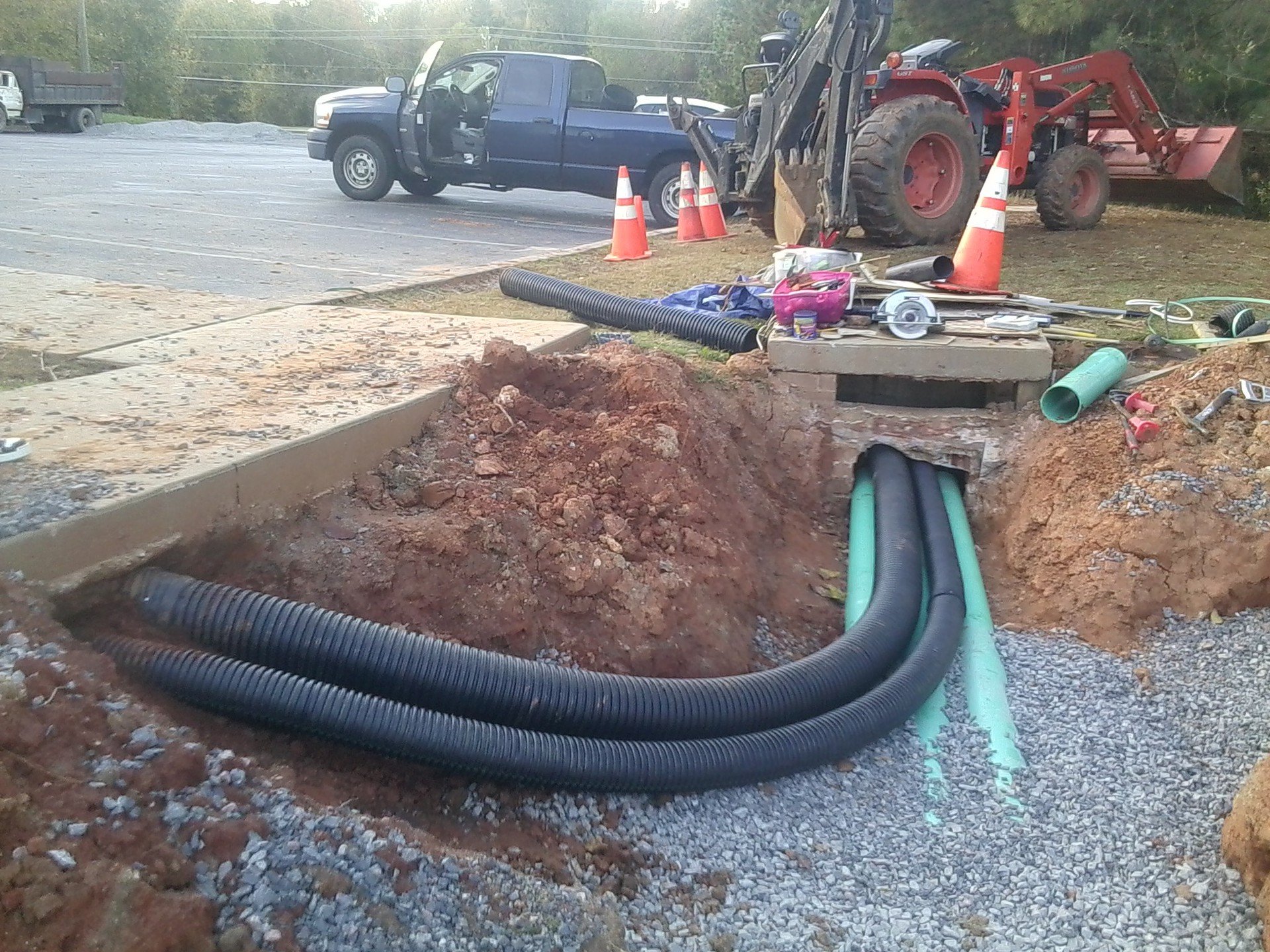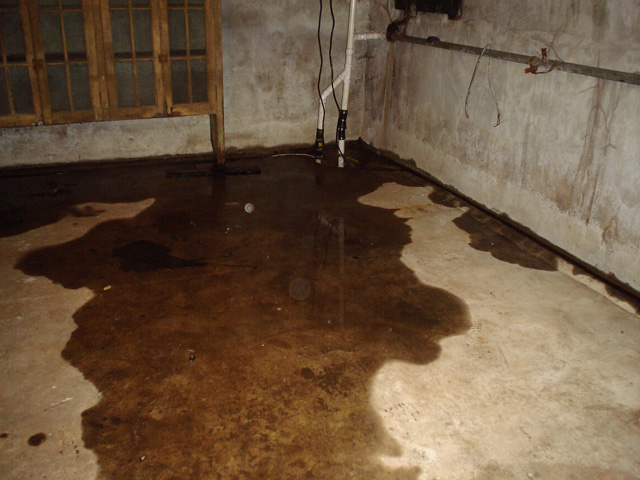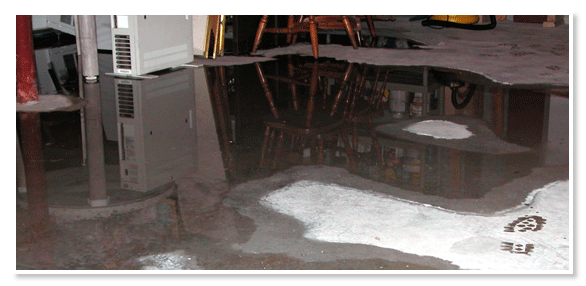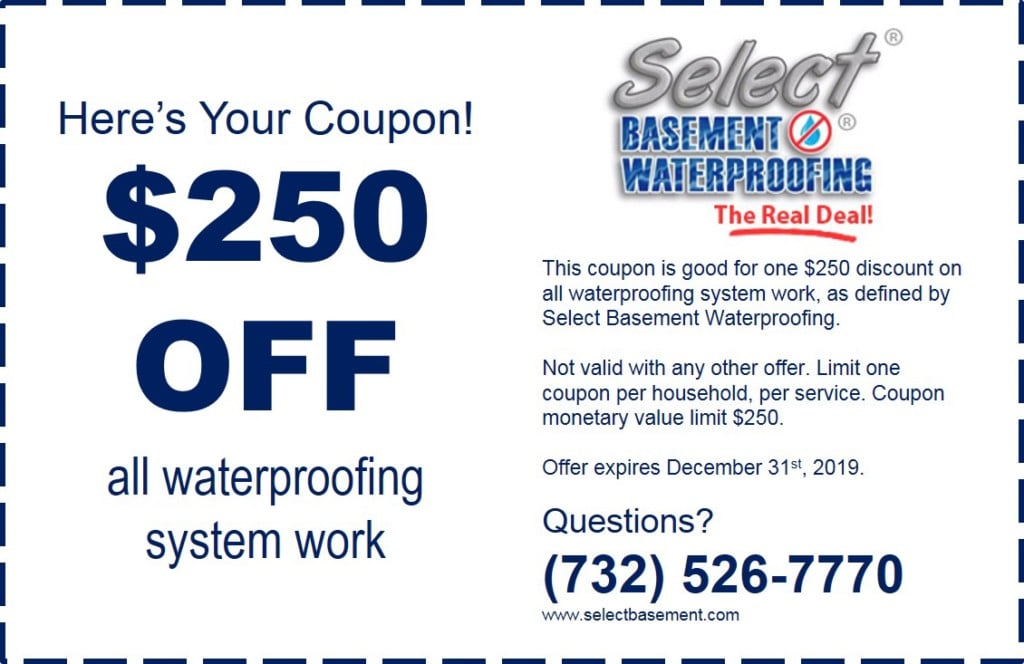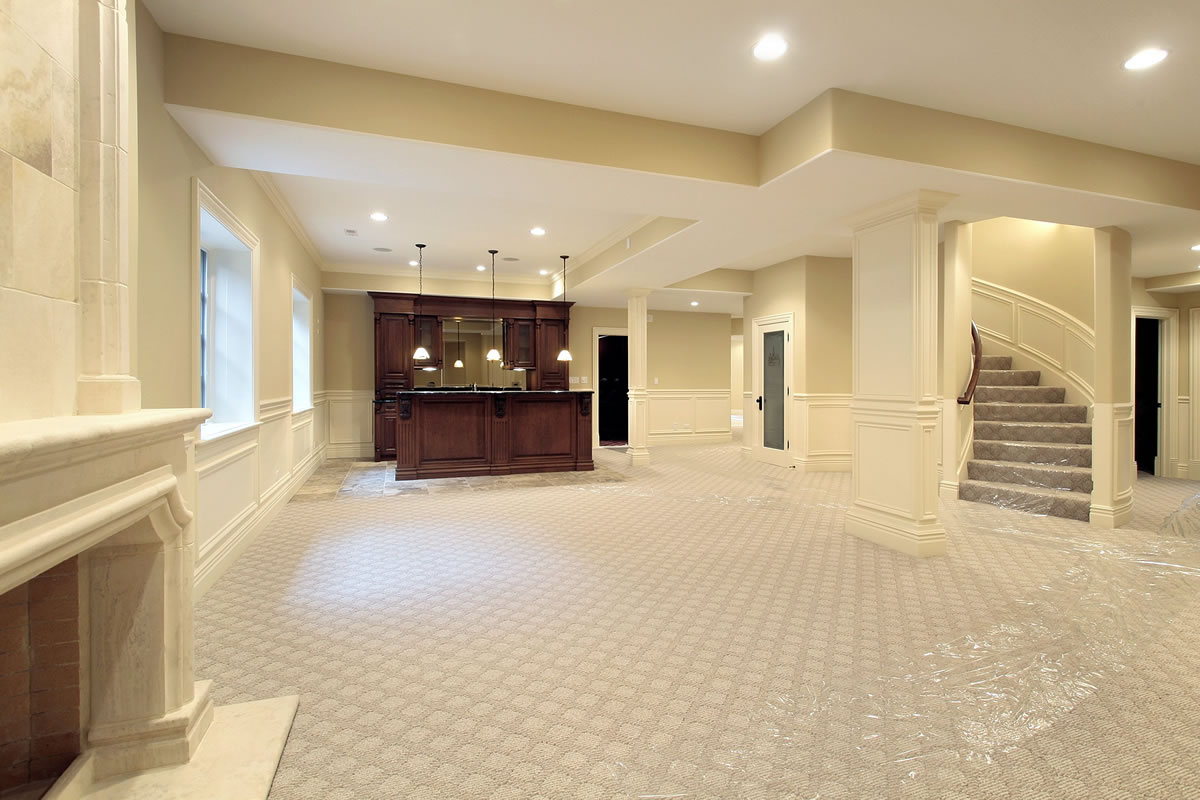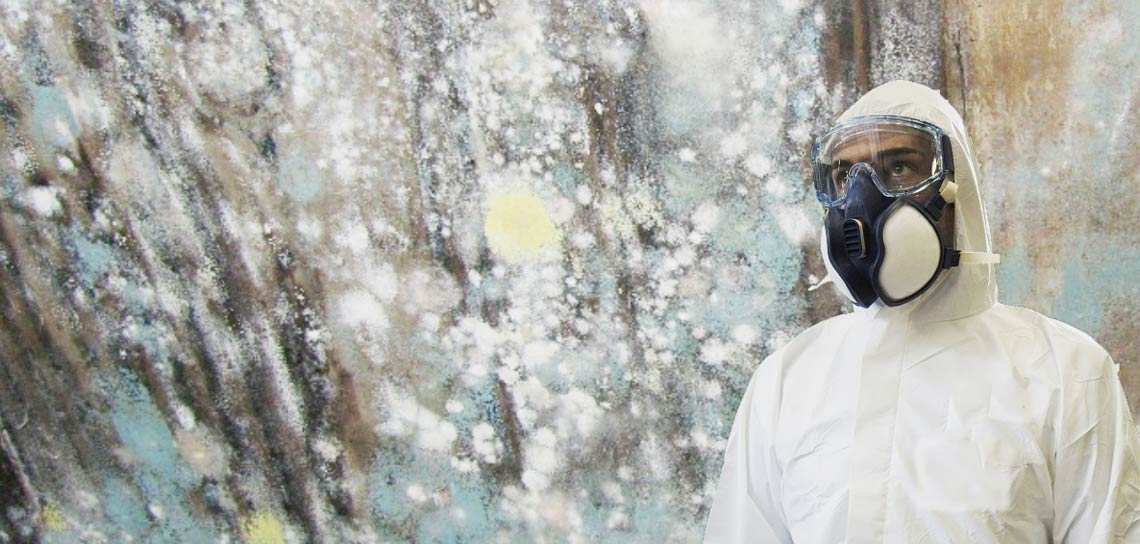Basement Waterproofing
When searching for a solution for your leaking basement, you’ll be bombarded with a wide variety of massages. If you’re not familiar with basements and how they function (like most homeowners), you may fall for a scam.
As a homeowner, it is important to seek as much information about basements as possible when considering basement waterproofing solutions. This will ensure that you make an informed choice and avoid being lured by flashy sales gimmicks.
Call Us! We Can Help! 732-360-5052
There are many different types of solutions for basements in the market. However, the following are the basic permanent waterproofing solutions currently available:
-
Waterproofing membranes
Water can find its way into your basement through cracks and crevices in foundation walls. A waterproofing membrane can be applied on the external surface of the foundation wall to prevent water from penetrating into the basement.
This waterproofing solution involves excavating the soil around the foundation wall and installing the membrane. The soil is then returned.
-
French drains
Water collecting in the soil can exert pressure on the walls of your foundation. The water in the soil is then forced through the cracks and crevices in your foundation walls and into your basement. This is especially common in homes built in areas with a high water table.
The best way to solve this problem is by relieving the hydrostatic pressure. This is possible through the installation of a French drain. The water collects in the French drain and is guided into a well.
-
Sump pumps
These are usually installed together with French drains. The sump pump is installed in a sump pit or well where water from the surrounding soil collects. The water is then removed from the well by the pump. This reduces the hydrostatic pressure on the foundation walls. It also prevents the flooding of the basement especially during heavy downpours.
-
Grading
Your landscape plays a major role in the health of your basement. If the landscape slopes towards your home, water will follow the slope. It is therefore important to ensure that the land around your foundation slopes away from the foundation. This will reduce the pressure of the water against the foundation walls.
These are only a few of the many solutions that professional contractors can offer you for permanent basement waterproofing. It is important to discuss your options with a contractor and find what will work best for you. The solutions can be applied on their own or in combination for the best results.
